
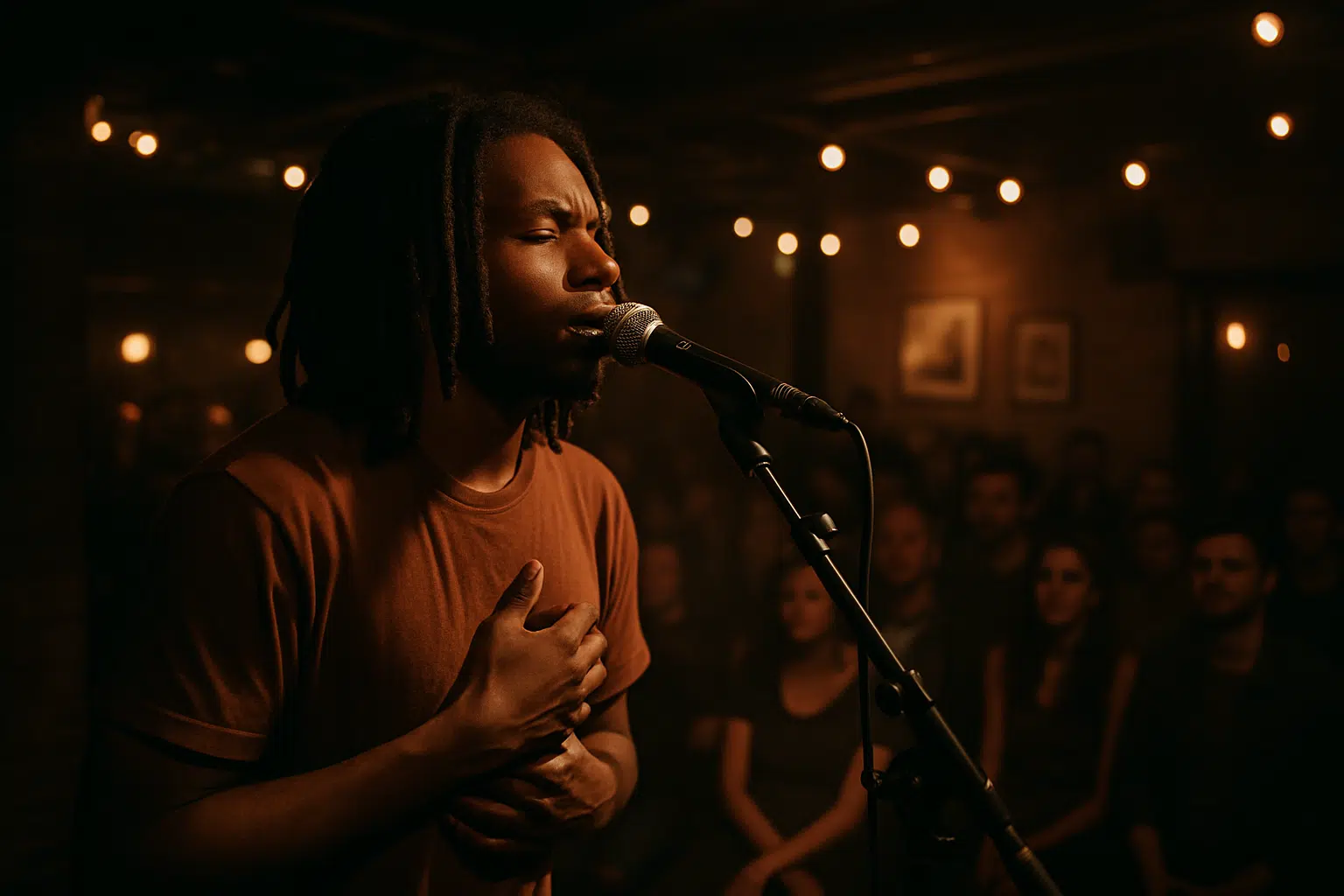
Music Funding for Independent Artists: Grants, Crowdfunding, and More
The Real Challenge of Funding Your Music Career
Studio time. Marketing. Touring. Content. None of it comes cheap. And if you’re an independent artist without label support, finding the money to fuel your career can feel like an uphill battle.
But here’s the truth I’ve seen over and over again: the biggest challenge isn’t access to money—it’s clarity. Most indie artists focus so much on not having money that they skip the first and most crucial step: knowing what the money is for. If your plan is unclear, it’s nearly impossible to attract support. When your vision is clear and your plan is solid, money often finds its way to you. Let’s break down some of the best ways to fund your music career independently—starting with getting clear on your plan.
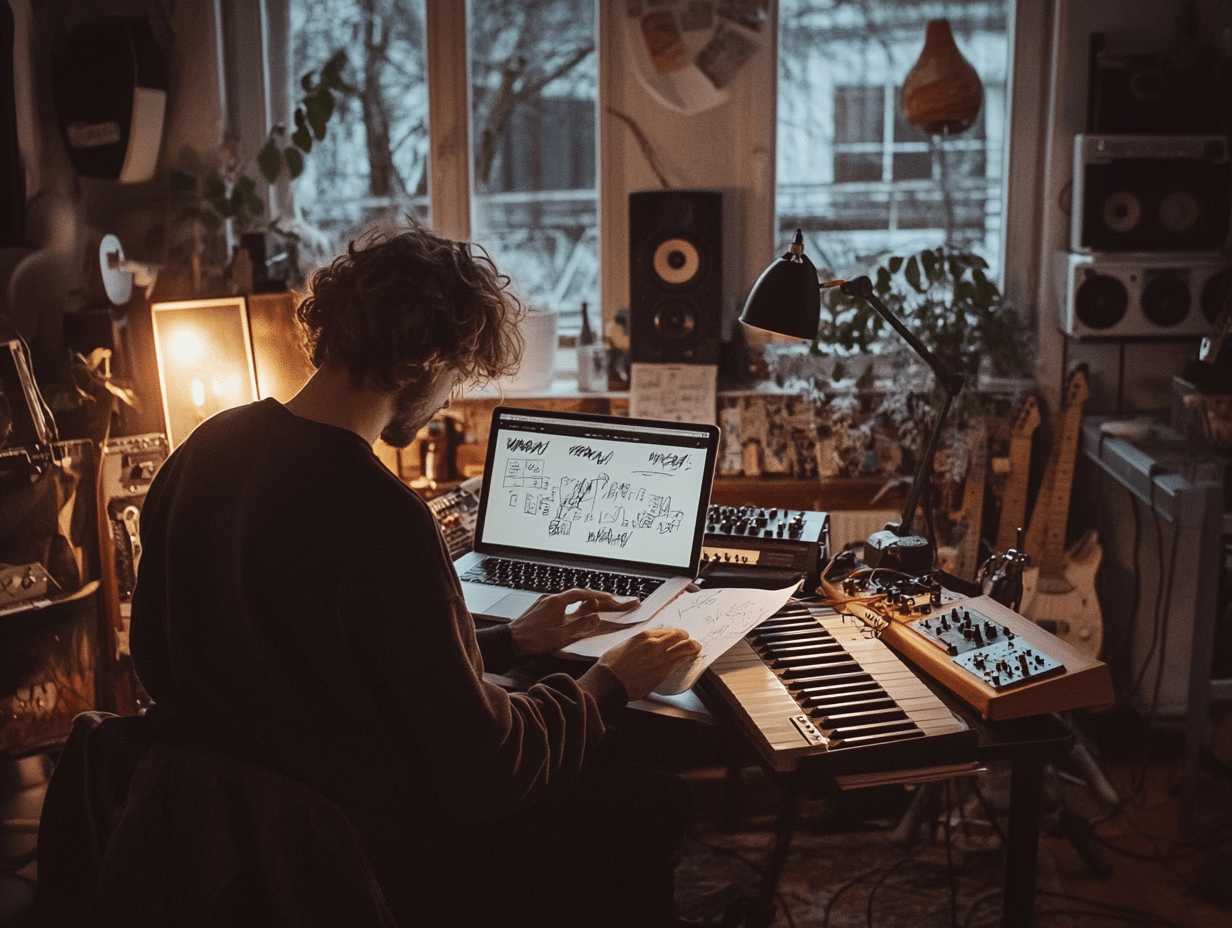
Apply for Music Grants
Grants are one of the most overlooked resources for indie artists. Many cities, counties, and states have grant programs to support the arts. There are also corporate-sponsored programs and nonprofit initiatives that want to support musicians with a clear purpose.
Start local. Use tools like ChatGPT or Google to search for city and state-level grants. Then, research previous winners. What types of projects got funded? What do the grant committees seem to value? Use those patterns to shape your pitch. Make it easy for them to say yes.
Pro Tip: If a grant you’re applying for often funds community-centered projects, make sure your proposal includes that. Don’t reinvent the wheel—reverse engineer it.
And please—make sure your idea is something you can actually pull off. If you’ve never thrown a single show, maybe don’t pitch a 10-city tour. Show them you’re serious by being realistic.
Start here:
-
New Music USA: Supports new, original music projects
-
ASCAP Foundation Grants
-
Foundation for Contemporary Arts
-
Local Arts Councils: City or state-based opportunities often overlooked
-
Musicares (by the Recording Academy): Offers emergency support and career grants
When applying, clarity matters. Define your project, articulate your vision, and explain how the funds will be used. Most organizations want to see that you’re serious, organized, and creating with intention.
Crowdfunding Your Projects
Crowdfunding can be powerful when done right. Platforms like Kickstarter, Indiegogo, and GoFundMe are not just about raising money—they’re about raising awareness and building community.
One of the best examples? Nipsey Hussle’s $100 album campaign. He didn’t just sell music—he sold belief. LaRussell’s offer-based shows are another genius model. Some fans pay $1. Some pay $1,000. Everyone feels part of the journey.
If it’s your first campaign, start by dreaming big. Write out your dream project—no budget restrictions. Then scale it back and build a real plan. What’s your goal? What rewards can you offer? What’s your deadline? Treat this like a real campaign, not a hope-and-pray effort.
Key tips:
-
Tell a compelling story: Why does this project matter now?
-
Offer tiered rewards: Early access, merch, handwritten lyrics, private shows
-
Use video: Show your personality and vision
Platforms to consider:
-
Kickstarter: Great for one-time album or tour campaigns
-
Patreon: Best for ongoing support (monthly subscriptions)
-
Indiegogo: Flexible funding and broad project types
-
Bandcamp: Use presales and merch bundling as organic crowdfunding
Fan Subscriptions via Patreon or Bandcamp
Fan subscriptions give you sustainable income over time. Patreon, Bandcamp Memberships, and even your own site can be platforms where your fans pledge monthly support.
The key? Work backwards from what you already do.
If you make music every week, stream the process. If you drop merch regularly, offer early access. If you do shows, create a private list for VIPs. Keep it real. Don’t try to become someone else for your subscribers. You’ll be surprised how many fans just want more of what you already do.
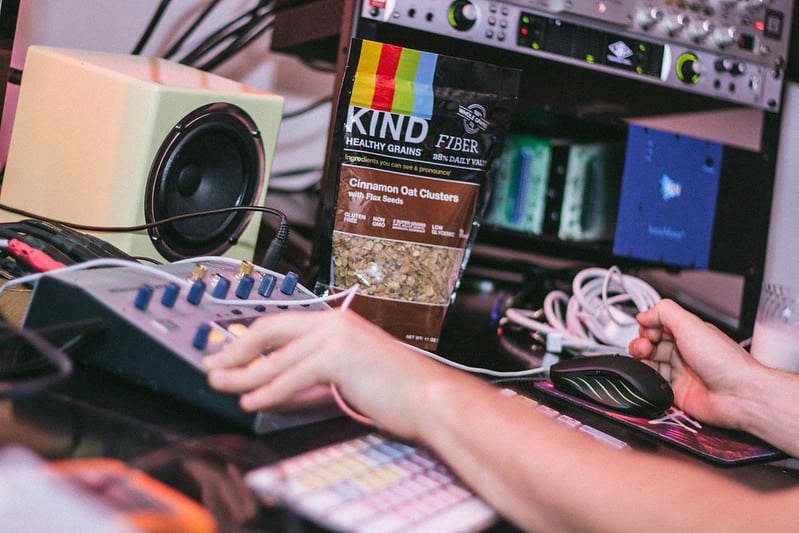
Seek Sponsorships and Partnerships
You don’t need to wait until you’re famous to get a sponsor. Local brands, start-ups, and music-adjacent companies are often looking for creative partnerships.
Here’s the play: Ask them what they need. Then show them how your platform can help.
When we partnered with Beats by Dre, they were looking to promote new headphones. We were filming dope live sessions. We pitched them on covering our production costs in exchange for branded content. Boom—win-win.
Same with KIND Snacks. They wanted to appear more youth-friendly. We offered to stock their snacks in our studio during sessions. Artists loved it. KIND got photos, feedback, and new fans. That relationship lasted years.
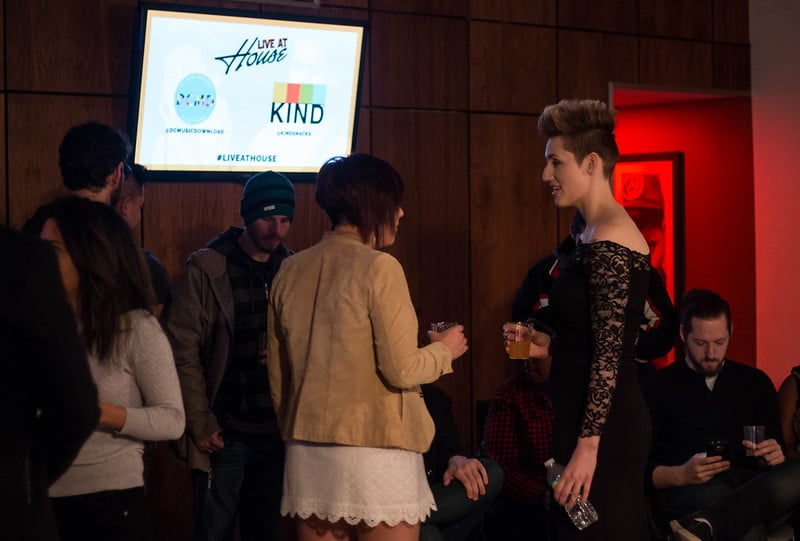
Music Competitions and Scholarships
Contests, competitions, and scholarships are more than just clout opportunities. They often come with real prizes: cash, studio time, gear, and access.
Songwriting contests, battle-of-the-bands, industry scholarships—they’re out there. Some are genre-specific. Others are open to anyone. Make a habit of applying to 2-3 per quarter. Even if you don’t win, you sharpen your pitch and elevate your visibility.
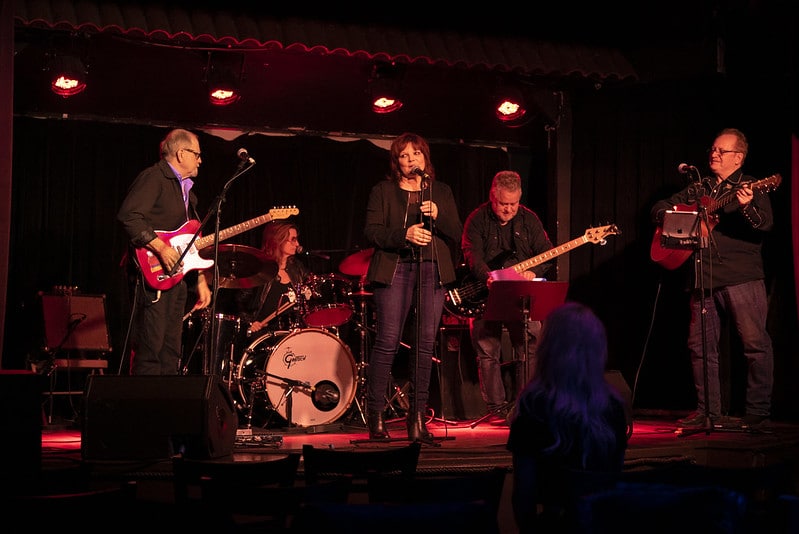
Budgeting and Reinvesting in Yourself
Let’s talk money. Specifically: MIMO—Money In, Money Out.
If you sell 100 tickets at $20 each, you made $2,000, right? Not so fast. If there’s a $3 ticket fee, you’re already down $300. Add venue costs, sound techs, marketing, openers, etc. and you might walk away with less than half.
And if you’re paying a manager or investor? Are they getting a cut of gross or net? Understanding MIMO will keep your business healthy and your partnerships clean.
Set aside a percentage of every check (from shows, merch, sync, anything) and reinvest into your next move—whether it’s studio time or marketing. Keep the cycle going.
You need a plan. You need a vision. And you need the courage to execute.

Final Thoughts: You Don’t Need Permission to Be Great
The world will tell you that you need a label or a co-sign to fund your dreams. Not true.
Funding your music career is about systems, not luck. Most successful independent artists today use a mix of strategies: they apply for grants, launch crowdfunding campaigns, distribute consistently, and build real relationships with listeners. Whether you’re just getting started or looking to take your next leap, the tools exist—and so does the community.
Action steps to start now:
-
Apply for 1 grant in the next 30 days
-
Sketch a crowdfunding idea—even if you don’t launch yet
-
Upload your next track to a distributor with pre-save links
-
Join a collective or Discord of like-minded artists
You need a plan. You need a vision. And you need the courage to execute.
So whether you’re applying for a grant, launching a crowdfunding campaign, building a Patreon, or asking your city for support—know this: the more clear you are, the more people will believe in you.
Your music deserves to be heard. Don’t wait for permission. Fund your future, your way.


